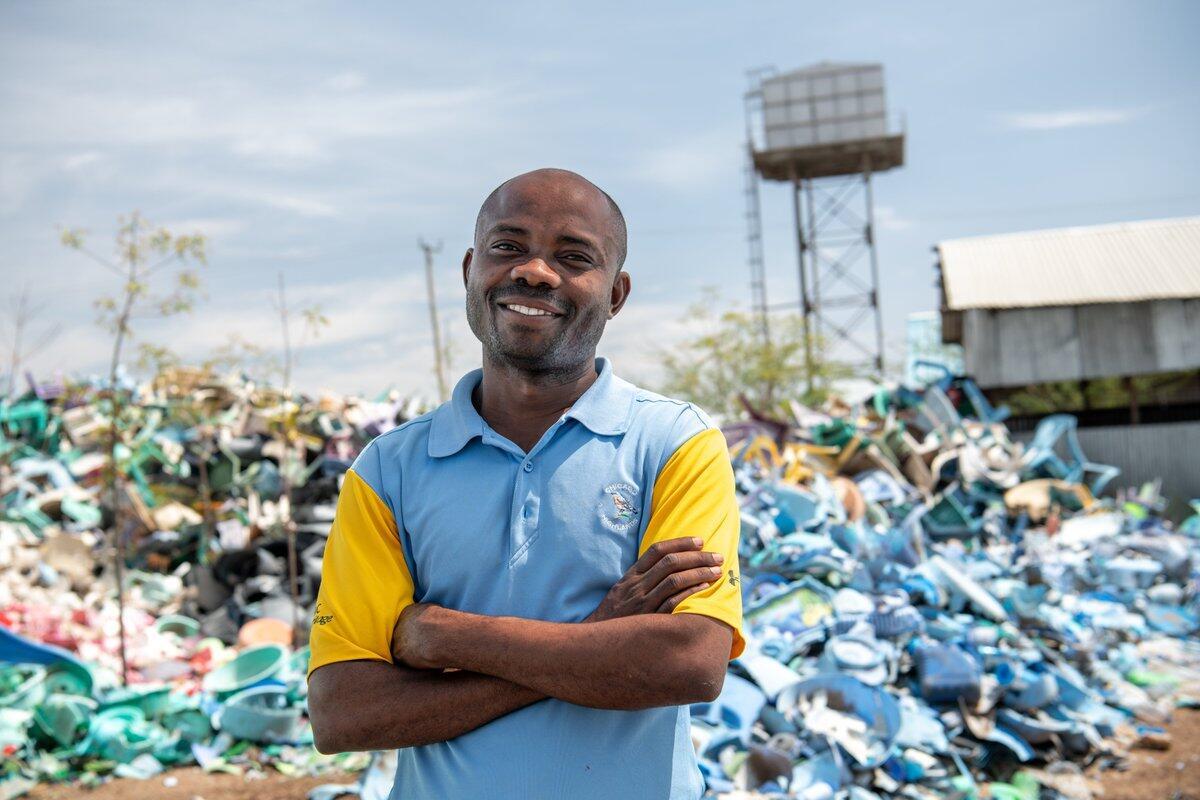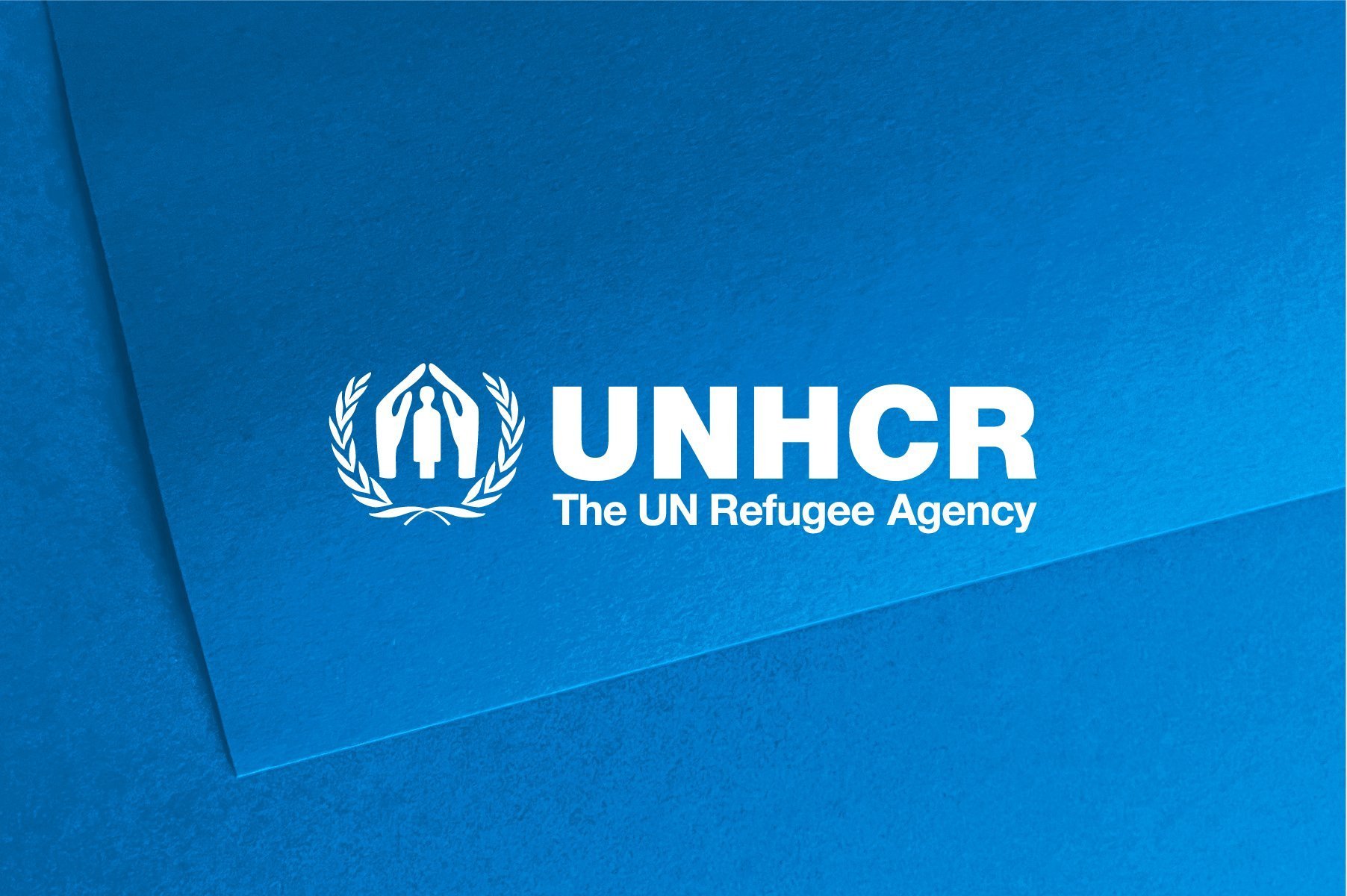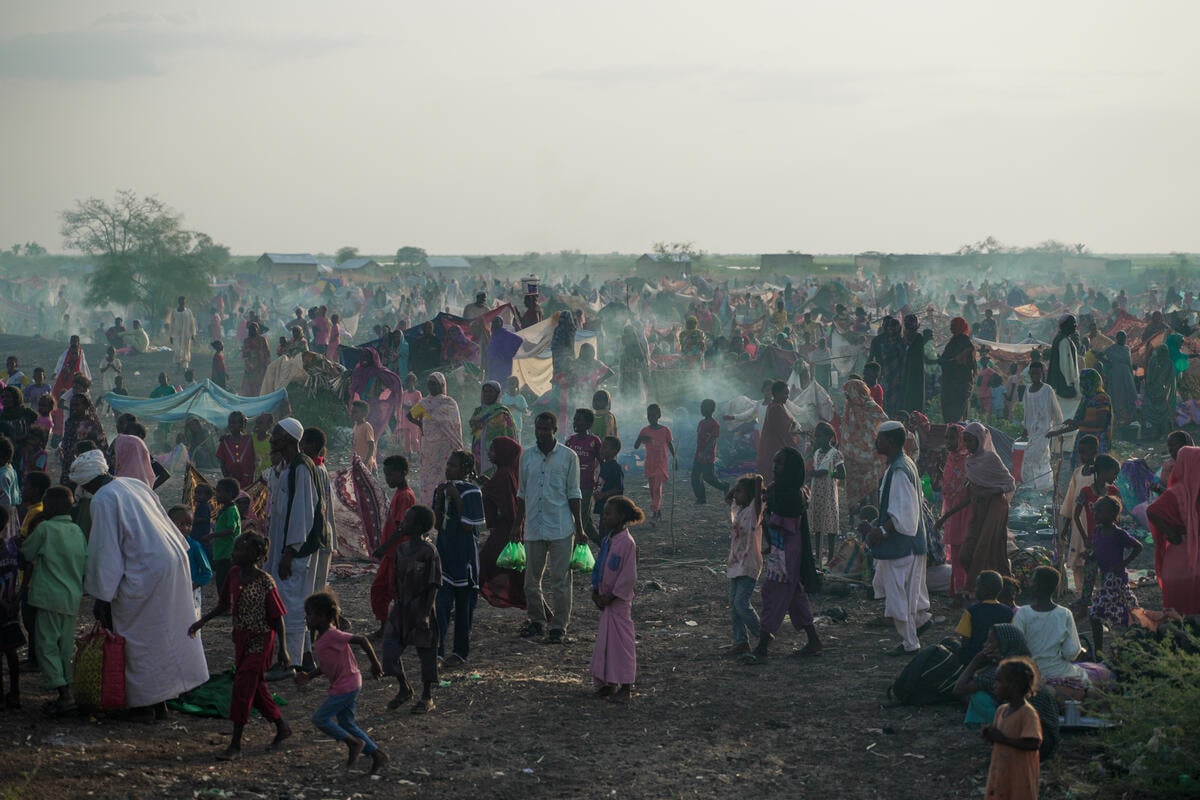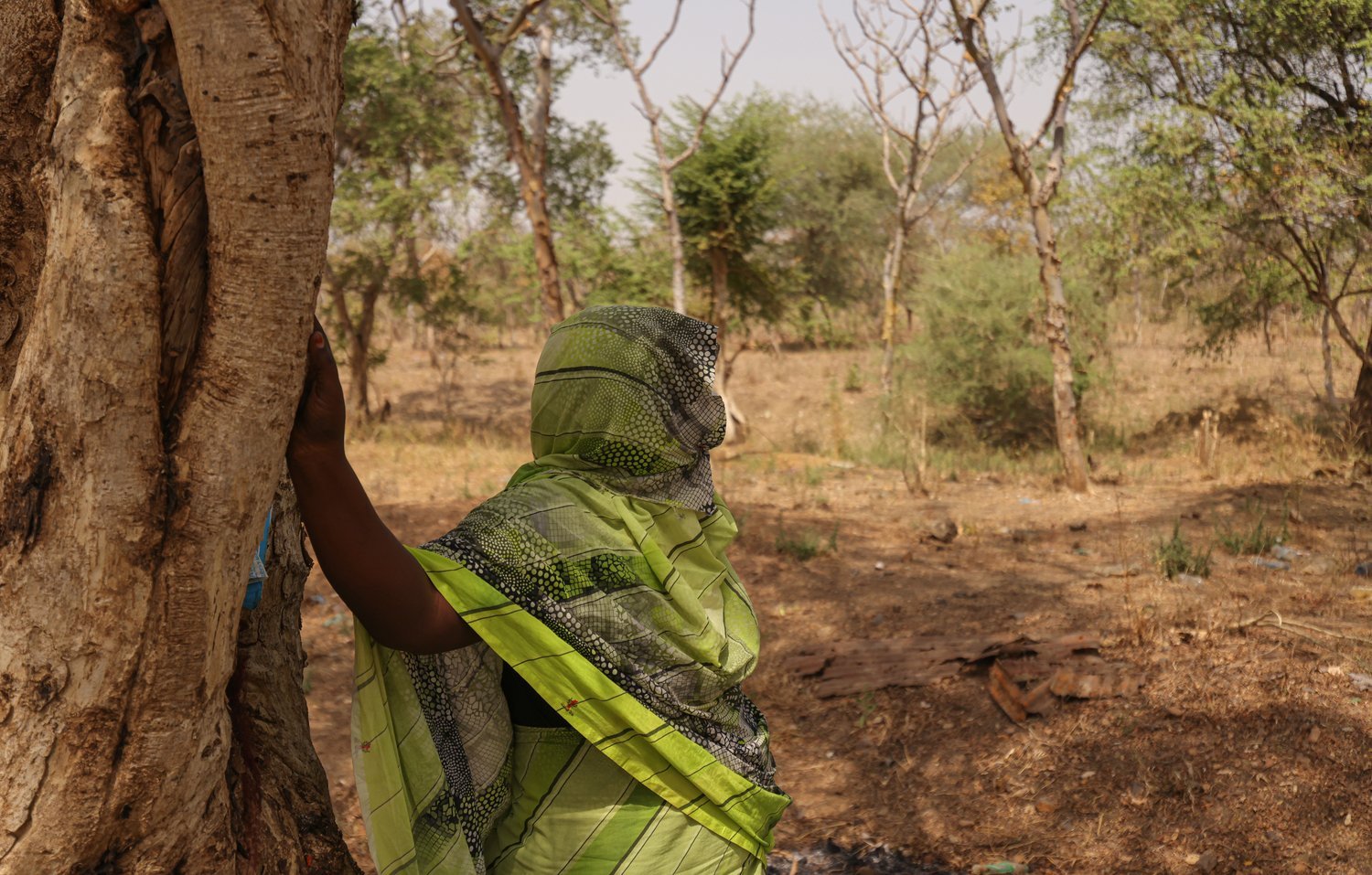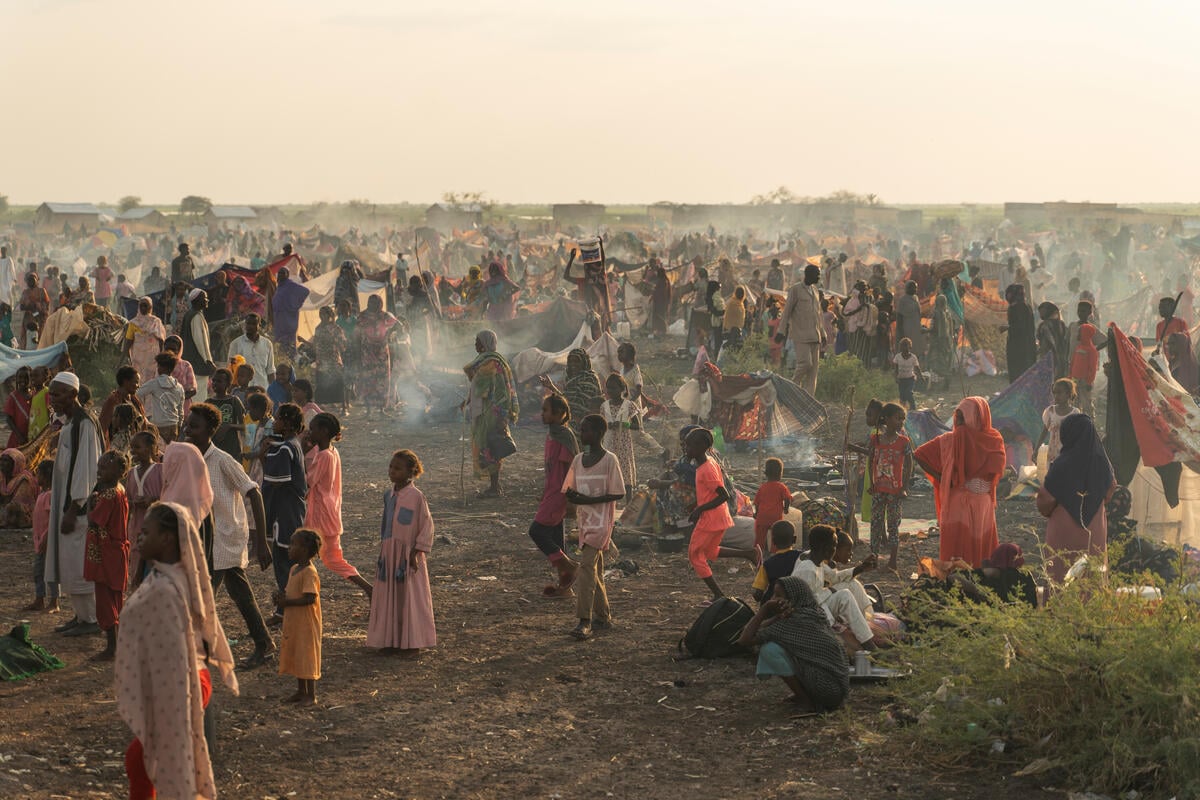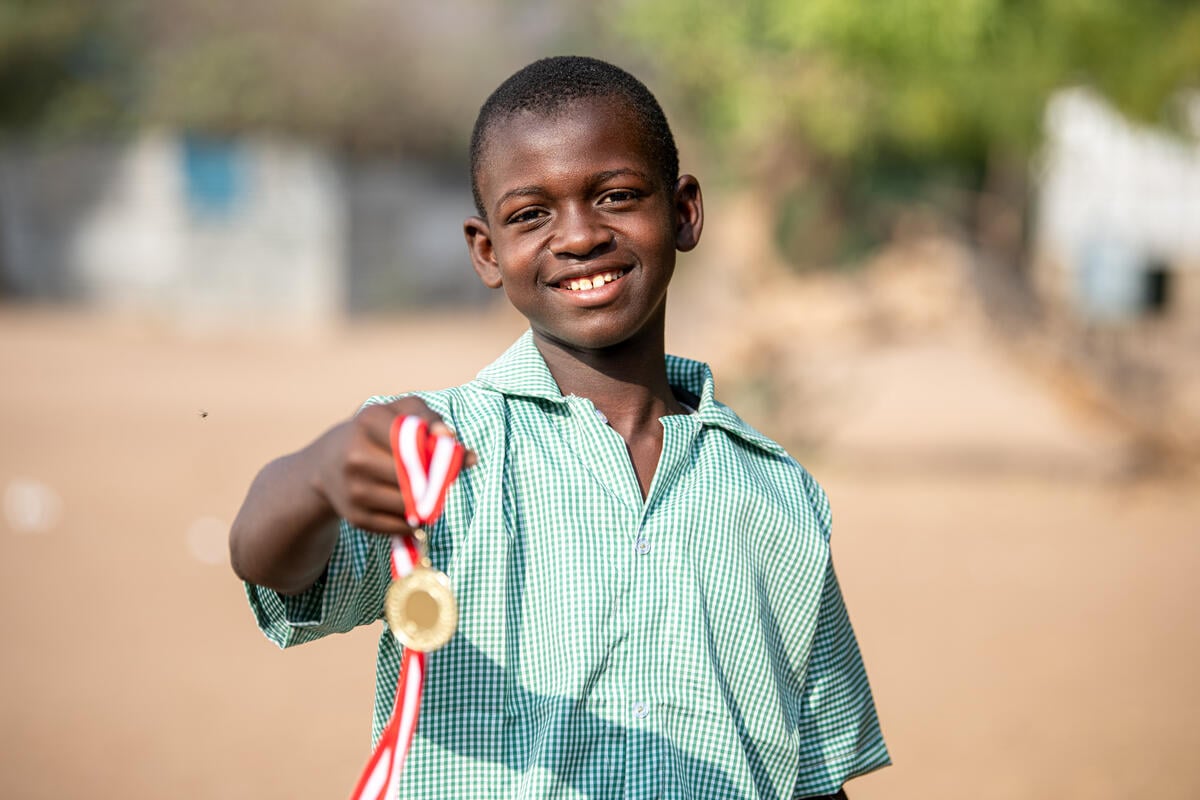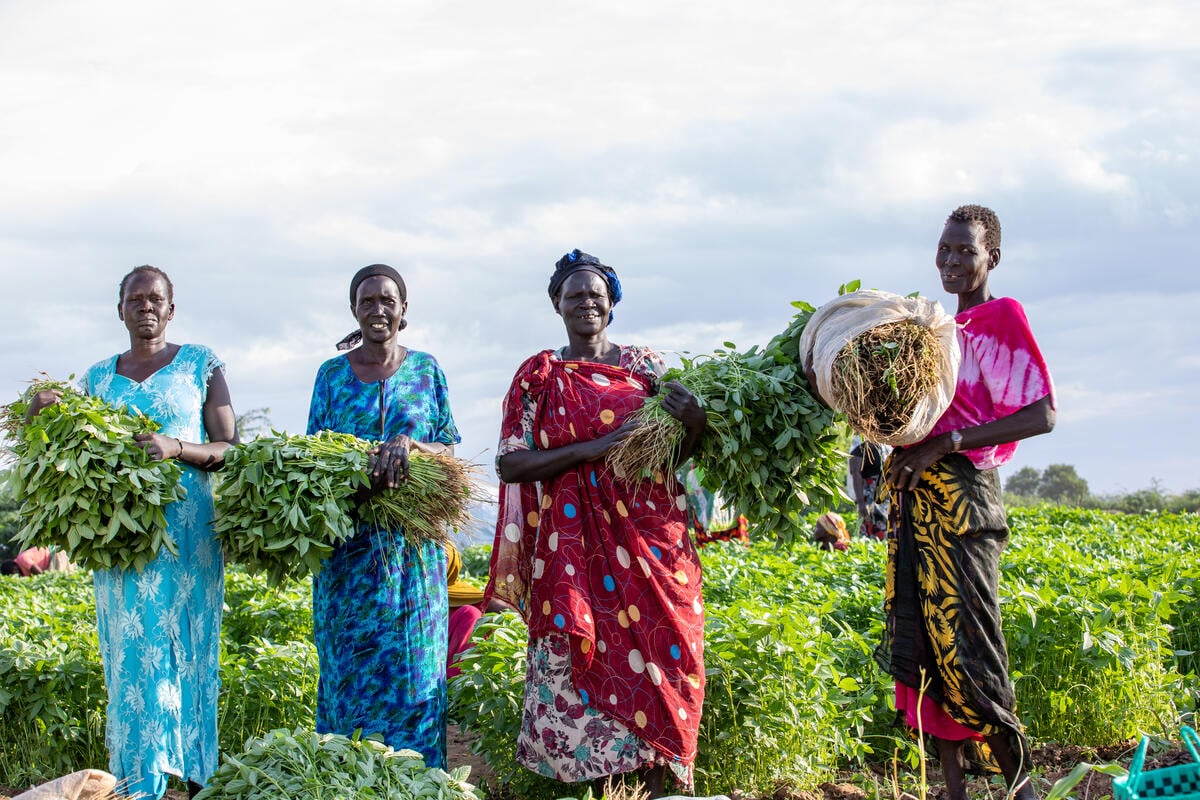Sudanese refugees need 'real security' for any return
Sudanese refugees need 'real security' for any return
17 March 2004
NAIROBI - A high-level UNHCR team has heard first-hand from Sudanese refugees that they will be willing to return to their war-scarred homeland only if they see real security on the ground after two decades of conflict in Sudan.
"We felt it was important to hear directly from the refugees themselves how they feel about returning home," said Dennis McNamara, UNHCR's Inspector General, who led a four-person team that met Sudanese refugees in Uganda, Democratic Republic of Congo, and Kenya. It also visited Khartoum and south Sudan over the course of two weeks.
Refugees emphasized that their first concerns were protection and security during and after their return, including from armed groups and militias.
"We want to go home, but only when we are sure it is really safe on the ground," one of their leaders said. "We have learned from 1972 that peace agreements have to be respected and implemented if we are going to be able to go home permanently."
Refugees also stressed the priority they attached to continued education for their children, as well as other basic services including health, water and income-generating activities.
"We particularly wanted to assess the conditions in countries hosting large numbers of Sudanese refugees to determine what is necessary to facilitate safe and voluntary returns," McNamara said during a stopover in Nairobi. His mission was part of UNHCR's planning for the return of more than 150,000 refugees in the first 18 months after the signing of any peace accord.
McNamara said he and his team were especially interested in the views and concerns of Sudanese women. Representatives from Sudanese women's organizations told the UNHCR officials they are very concerned about security in south Sudan, particularly the presence of militias. Landmines and small arms are also a concern. Schooling for their children is a top priority and they called for a major initiative to improve literacy among women. They said they would need temporary shelters once they return home, and help in finding ways to earn a living.
Progress in ongoing peace talks in the Kenyan town of Naivasha between the Khartoum government and the Sudanese People's Liberation Movement has encouraged UNHCR to re-establish its presence in south Sudan after an absence of 14 years. A UNHCR team is making plans to open offices in Rumbek, to be followed by offices in Yei and Yambio. Logistics, landmines, engineering and security teams are now in south Sudan's Equatoria region, assessing the routes and other infrastructure that would be used for any convoys bringing refugees home. Damage to infrastructure in the south has been considerable during 20 years of civil war.
If peace talks come to fruition, the return of Sudanese refugees could be one of UNHCR's biggest repatriation movements this year. It is estimated that the war has uprooted more than 3 million people inside Sudan, while a further 600,000 are living in neighbouring states as refugees. The largest numbers are in Uganda (223,000), followed by Chad (110,000), Ethiopia (88,000) the Democractic Republic of Congo, (69,000), and Kenya (60,000). The refugees in Chad, however, are more recent arrivals from an ongoing conflict in the Darfur region of western Sudan.


